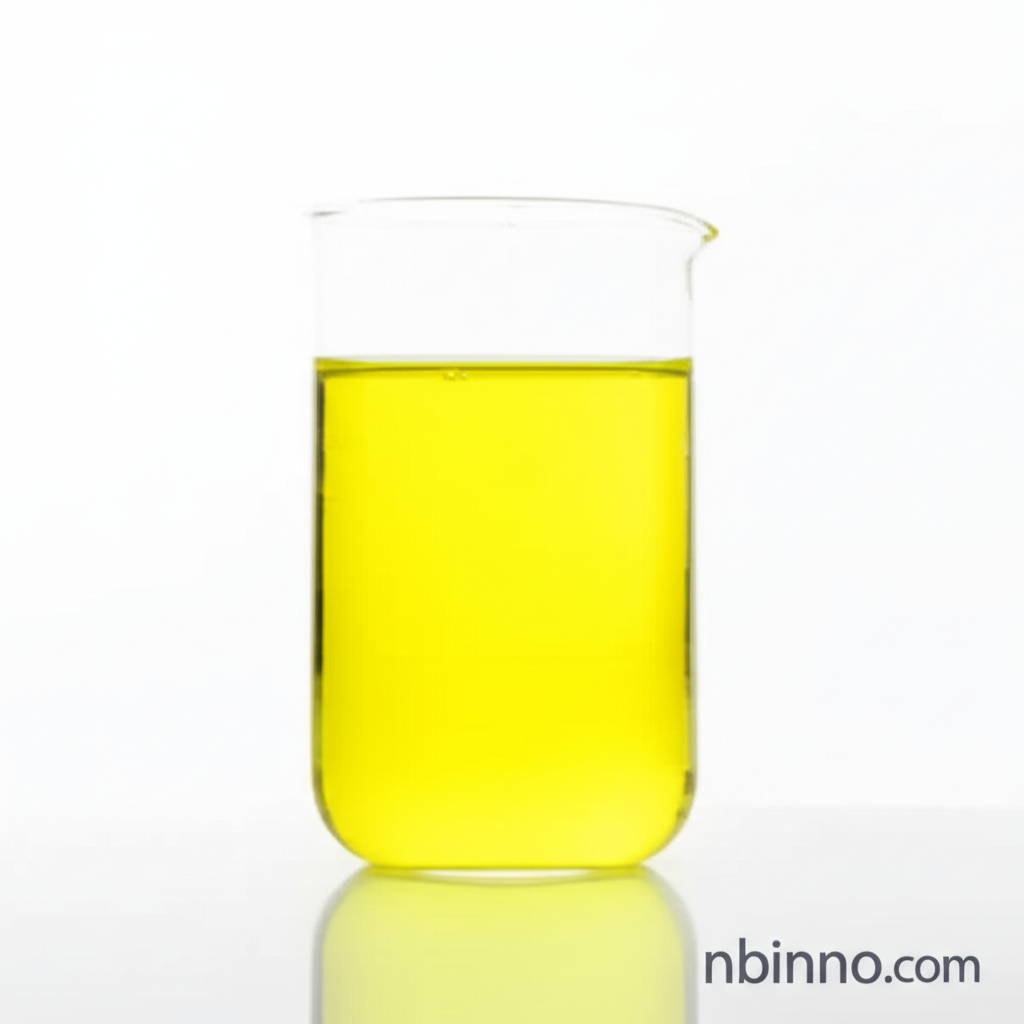Titanium Tetrachloride: Properties, Applications, and Role in Organic Synthesis
Discover the essential properties and diverse applications of Titanium Tetrachloride, a key chemical intermediate.
Get a Quote & SampleProduct Core Value

Titanium Tetrachloride
Titanium tetrachloride, with the chemical formula TiCl4, is a vital compound widely recognized for its extensive applications in industrial chemical synthesis and manufacturing. It serves as a critical intermediate in the production of titanium metal and the ubiquitous titanium dioxide pigment. Its reactive nature makes it indispensable in various chemical processes.
- Explore the titanium tetrachloride chemical formula and its fundamental properties that enable its diverse applications.
- Understand the critical role of titanium tetrachloride for pigment production and its contribution to the manufacturing of high-quality titanium dioxide.
- Learn about the significant titanium tetrachloride applications in organic synthesis, where it acts as a powerful Lewis acid catalyst.
- Investigate the titanium tetrachloride production methods and the associated titanium tetrachloride safety precautions essential for its handling.
Key Advantages
Catalytic Versatility
Leverage the power of titanium tetrachloride as a catalyst in numerous organic reactions, enhancing efficiency and selectivity in chemical synthesis.
Industrial Significance
Utilize TiCl4 for its crucial role in the titanium tetrachloride production of titanium metal, a cornerstone material in aerospace and various industries.
Chemical Reactivity
Benefit from the strong Lewis acidity of titanium tetrachloride, making it an effective reagent for transformations like Friedel-Crafts reactions and aldol additions, impacting the titanium tetrachloride chemical uses.
Key Applications
Pigment Manufacturing
As a primary precursor, TiCl4 is essential for producing titanium dioxide (TiO2), a widely used white pigment in paints, plastics, and cosmetics. Understanding its role in titanium tetrachloride for pigment production is key.
Titanium Metal Production
The Kroll process utilizes TiCl4 for the reduction to titanium sponge, the raw material for pure titanium metal. The availability of titanium tetrachloride for polymerization also highlights its industrial importance.
Organic Synthesis Catalyst
TiCl4 is a powerful Lewis acid catalyst, facilitating various organic reactions such as Diels-Alder, Friedel-Crafts alkylation/acylation, and aldol additions, crucial for creating complex molecules. The demand for titanium tetrachloride online reflects its utility.
Smoke Screening
Historically, TiCl4 was used to generate dense white smoke for defense and theatrical purposes due to its rapid hydrolysis to TiO2 and HCl. Exploring the titanium tetrachloride uses provides a broader perspective.
